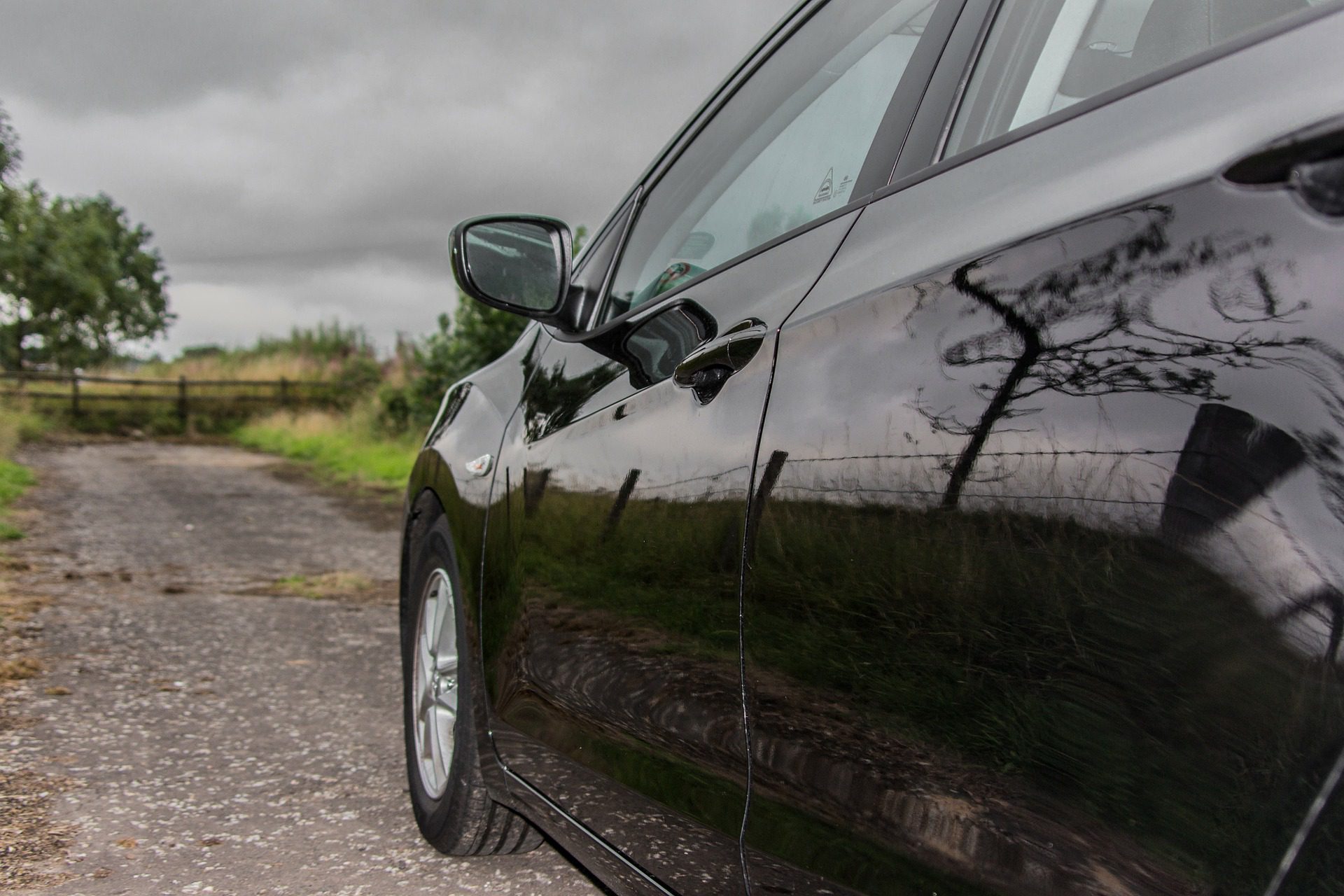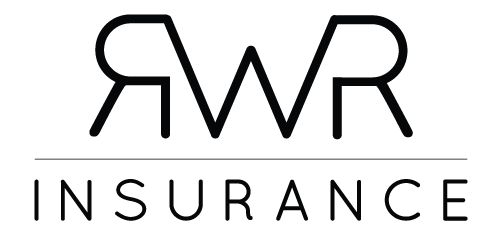
Q: I’m going on vacation and plan to rent a car. I’ve been told my personal auto policy will cover the rental vehicle. Is this true?
A: The majority of auto insurance companies will extend coverage from your personal auto policy to a rental vehicle. With most policies, coverage pays for actual repairs to the rental car, but you remain responsible for your policy deductible. In addition, the rental agreement often makes you responsible for additional items, and that’s where most issues arise.
NOTE: If your personal auto policy no longer includes comprehensive or collision coverage, the rental car will not be covered if it’s stolen or damaged. In addition, if you rent a car outside of the United States, coverage may not be extended.
Q: I’ve also heard that if I use my credit card to pay for the rental vehicle, the rental vehicle will be covered. Is this true?
A: Many, but not all, credit card companies offer rental insurance, and will pay for damage to a rental car if you pay with that card, but the coverage will be secondary to your personal auto policy. In other words, your credit card company may pick up whatever your personal auto insurer does not pay, such as your deductible.
Q: If my personal auto policy covers my rental car, and my credit card covers my deductible, doesn’t this mean I’m fully covered?
A: While your personal auto policy and use of a credit card may provide sufficient coverage, they frequently fall short.
Neither will cover costs and fees such as towing, loss of use (the period the rental car is out of service for repairs), diminished value (wrecked and repaired cars are viewed as less valuable than undamaged, factory originals) and administrative fees, all of which may be tacked on by the rental car company in the event of an accident, and all of which you can be held liable for. The renter is always responsible for any loss or damage to a rental vehicle, regardless of who is at fault.
Q: In that case, would it be wise to purchase the extra “insurance” offered by the rental car company?
A: A loss damage waiver (LDW), sometimes called a collision damage waiver, purchased from a rental car company essentially takes the place of your own collision and comprehensive insurance, letting you and your insurance company off the hook if you wreck the rental car, or if it’s stolen or vandalized. In exchange for purchasing the LDW, the rental company agrees to “waive” claims against you for damages in the event of an accident. But, your LDW coverage could become void if the accident was caused because you were speeding, driving under the influence, or the accident was the result of a reckless act or error on your part.
Q: Does this mean I should purchase the CDW offered by the rental agency?
A: Before renting, familiarize yourself with your insurance options by:
* Contacting your independent insurance agent and finding out if you have enough coverage under your existing policy; and
* Contacting your credit card company to find out if it offers rental car coverage, and any restrictions and limitations.
If the two coverage methods mentioned above seem inadequate for your needs, you may wish to consider the purchase of a LDW.
Q: How do I know what I should do?
A: Making such a personal decision about your options is yours – and yours alone under the law. As your independent insurance agent, I can help explain these options. Our agency’s job is to help provide you with information on these choices so you can make informed decisions.


